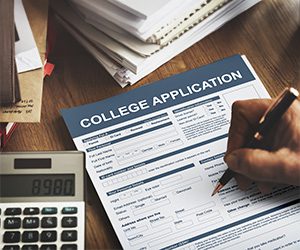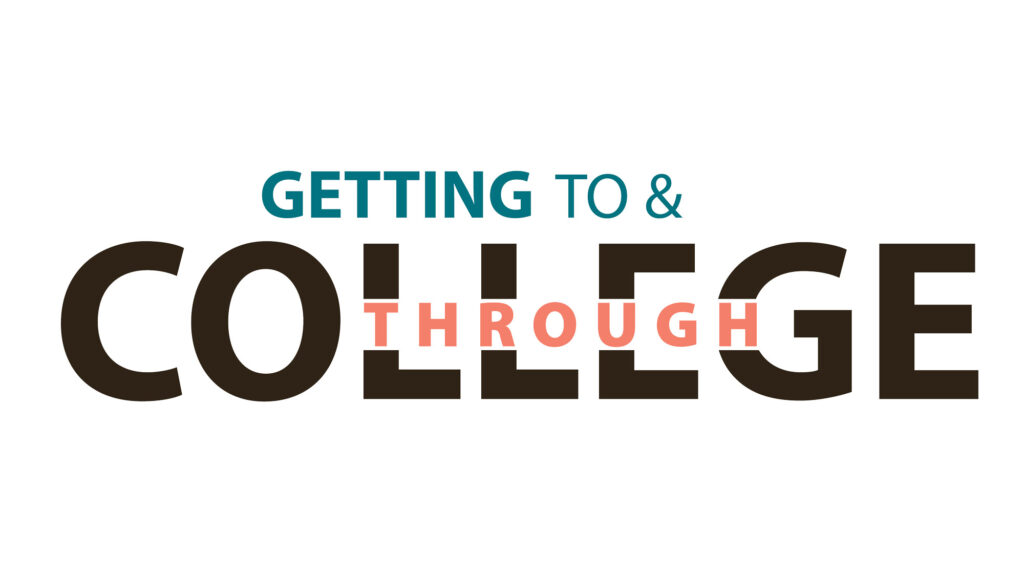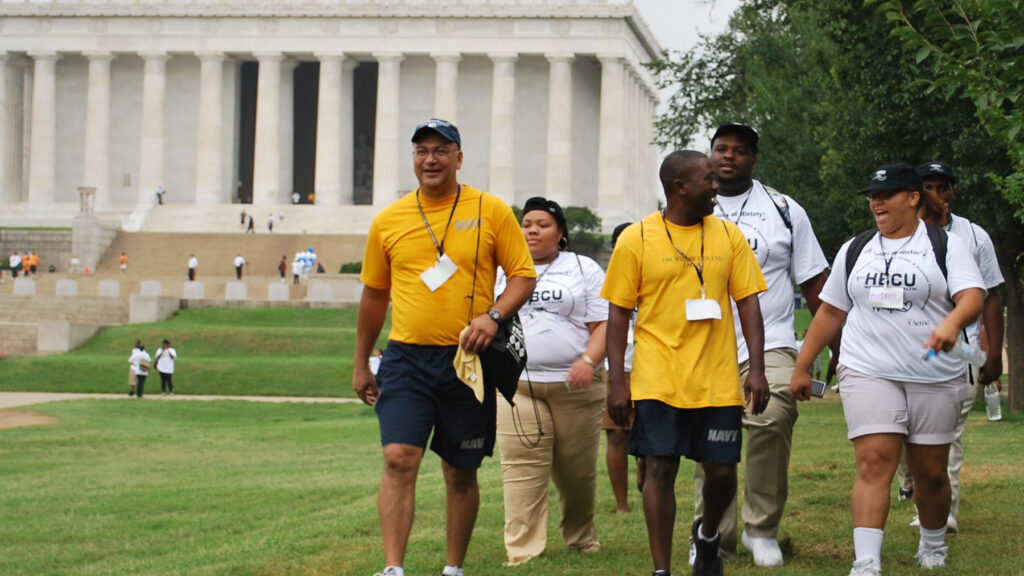How Students From Mixed-Status Families Are Doubly Damaged by the FAFSA Mess
The release of the Better FAFSA, the new version of the Free Application for Federal Student Aid, was greatly anticipated, promising an opportunity to expand the potential of higher education and access to social mobility.
Twenty-two million. That’s approximately how many U.S. residents are members of a mixed-status family, or families with at least one undocumented individual. Of those 22 million, 25% are U.S. citizens under the age of 18, the students who are already served by our nation’s public schools in K-12 and next in the pipeline for America’s colleges and universities. But this year’s aspiring college students have had to face some massive hurdles — through no fault of their own.
The release of the Better FAFSA, the new version of the Free Application for Federal Student Aid, was greatly anticipated, promising an opportunity to expand the potential of higher education and access to social mobility. The U.S. Department of Education (ED) promised a streamlined process, fewer questions on the form, and more aid for students, making college a more accessible reality for many more young people.
Instead, the “Better” FAFSA has left students and families to deal with delays, form errors, and uncertainty about what it means for their college-going future. Some FAFSA forms sent out to colleges and universities were even recalled due to incorrect aid calculations made by ED. Essential financial aid is on the line, and students are potentially missing out on priority state and institutional grants whose aid supply is distributed on a first-come, first-served basis. Without a FAFSA submission, students with the greatest financial need cannot get in line to be considered for aid.
And for students from mixed-status families, the impact of the Better FAFSA rollout has been undeniably worse. Many have been left to ask, does the Department of Education even care about this group of students or know how many of them there actually are?
After several delays and a tumultuous rollout, students were able to start, and most were able to submit, their FAFSA forms in January. For students from mixed-status families, their attempts to complete the FAFSA were met with application error after error, rendering them unable to submit their form at all.
Students from mixed-status families already knew from previous years to expect extra steps to complete the FAFSA, especially when it came to verifying the identity of their parent(s) without a Social Security Number (SSN). However, the new method for identity verification requires bending over backwards, only for there to still be issues, like ED failing to assign case numbers to families for manual identity verification and failing to check an inbox containing sensitive proof of identity documents from tens of thousands of families attempting to verify their identity, a necessary step for their FAFSA completion.
When students and families called the Federal Student Aid Information Center for help, they were placed on hold for hours, only to be disconnected before being transferred to the appropriate representative. Families and advocates alike raised this issue to ED, urging for an immediate fix.
As ED came out with temporary fixes, students did not experience the benefits of the time-saving form changes to the “Better FAFSA.” Through April, the implemented solution required mixed-status families to manually enter their financial information and complete a complex manual identity verification process.
When ED published a notice for public comment on their FAFSA manual identity verification process for individuals without an SSN, they wrote that they only anticipated 3,500 families to be affected by this process — a number not even close to the population of students from mixed-status families applying for aid through the FAFSA. This glaring miscalculation seems to explain the lack of urgency from ED to devise a permanent fix.
Then finally, the day before May 1st, traditionally known as College Decision Day, ED announced a change to allow individuals without an SSN to enter and complete the FAFSA form, even if they have not completed the manual identity verification process. For so many families, this announcement was too little, too late. The FAFSA difficulties have only added to the mountain of barriers students from mixed families are facing in this admissions cycle. They are overwhelmingly students of color and of low-income and first-generation backgrounds and are the first cohort of students applying to college following the Supreme Court’s decision to ban affirmative action last June. On top of that, anti-diversity, equity, and inclusion efforts are sweeping across the nation, leaving students to watch as precious student support and community resources are ripped away at their colleges and universities. This well-coordinated attack on diversity in higher education sends students from underserved backgrounds, like students from mixed-status families, who are disproportionately Latino, a clear message: you do not belong in higher education.
The FAFSA serves as a gatekeeper for college access, and ED harms students from mixed-status families by leaving them behind in the FAFSA’s progression. ED must lead the effort in ensuring that the college enrollment and retention rates of students from mixed-status families does not continue to drop due to the errors. To leave behind the resilience, talent, and presence of these students would be a moral and structural failing that hurts our nation and threatens our global competitiveness.
In the face of these challenges, students from mixed-status families persist and must be reminded that these FAFSA challenges are not their fault. Colleges and universities benefit from having students from diverse backgrounds, including first-generation students, who bring with them an abundance of assets to college campuses and the workforce. They give our country a necessary lens to tackle society’s most pressing issues. Students from mixed-status families embody America’s future and must not be forgotten.
Related

June 27, 2025 by
Eddie Comeaux
Division I college athletes seem successful. But many athletes struggle to cover basic living expenses. Limiting Pell Grants would make things worse
A student at a private university in Colorado describes her academic journey and how this administration’s policies are impacting students and campus life at her college

May 27, 2025 by
Ivory Toldson
Discussions about federal priorities and fiscal decisions can reshape higher education access and affordability for generations







